Keywords: Pat Power
There are more than 200 results, only the first 200 are displayed here.
-

ARTS AND CULTURE
- Tim Kroenert
- 04 February 2016
11 Comments
As a white, middle-class, straight, cisgendered man, I am conscious of the extent to which the chips of social privilege have been stacked in my favour. As such there are some public conversations that I am patently unqualified to enter. One of these is the sometimes fierce debate that exists between some feminists and some members or supporters of the transgender community. One of the pitfalls of telling a story about marginalisation from a perspective of privilege is that you can overlook ethical nuances.
READ MORE 
-
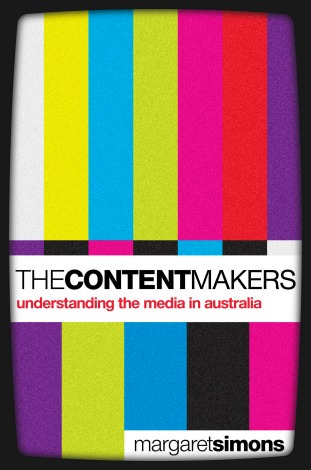
MEDIA
- Jeff Sparrow
- 27 January 2016
13 Comments
Josh Bornstein compared the ABC to the victim in an abusive relationship, desperately trying to ward off the next blow by anticipating the criticism of its enemies. Certainly, enlisting Andrew Bolt to participate in a documentary on Indigenous constitutional recognition seems like a pre-emptive defensive move against the accusations of bias that are routinely levelled against the national broadcaster. For Bolt the arrangement is win-win; for the ABC it's yet another example of self-sabotage.
READ MORE 
-

AUSTRALIA
- Frank Brennan
- 10 December 2015
I first met this Tony on my regular visits here to Darwin when he was working at the North Australian Aboriginal Legal Aid Service and then when he set up the mediation services under the auspices of Anglicare. In later years I knew him when he was your Anti-Discrimination Commissioner. He was a quiet, considered, gentle, strong and principled man. On Human Rights Day, it is only fitting that I honour Tony by offering some reflections on the architecture for human rights in Australia, on the contemporary human rights controversies, and on the way forward for better protection of the human rights of Aborigines and asylum seekers, two marginalised groups who had a special claim on Tony's sympathies.
READ MORE
-

RELIGION
- Frank Brennan
- 03 December 2015
The consideration of medico-legal problems in the public square of a pluralistic democratic society keeping pace with profound technological change is often marked by simplistic assertions, precluding considerations of comprehensive world views, whether religious or philosophical. It is now commonplace for doctors to be told to leave their consciences at the door, as their patients are consumers and they are suppliers and of course the market decides. Debates about law and policy are often resolved with simplistic assertions about individual rights and autonomy, with little consideration for the public interest, the common good, and the doctor-patient relationship. Even conscience is said to be a matter for contracting out. This evening I ask whether there are more compelling ways to resolve medico-legal dilemmas, while conceding a limited role for law in determining the range of acceptable answers.
READ MORE
-
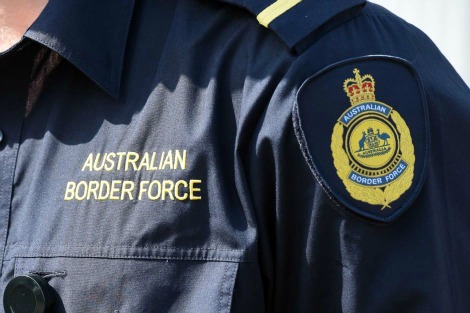
AUSTRALIA
- Pamela Curr
- 30 November 2015
31 Comments
One of the most disturbing aspects of Border Force takeover of detention camps has been the increased use of force against people seeking asylum. Women have been especially targeted, with physical pat-downs before they come and go to medical or counselling appointments triggering panic attacks in some as it has brought flashbacks of sexual abuse and rape attacks in Nauru. Next week in the Senate, the Government is seeking even more powers to use against women, children and men in detention.
READ MORE 
-
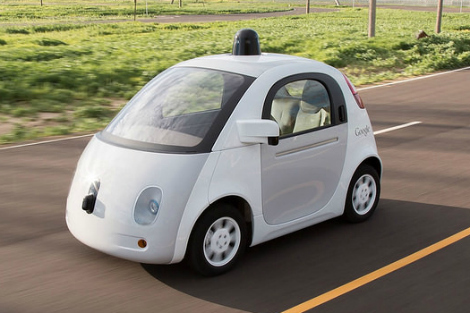
ENVIRONMENT
- Patrick McCabe
- 23 November 2015
1 Comment
The safety features of self-driving cars could save many lives. But driving also involves making decisions, including ethical ones. Imagine you're in your self-driving car, travelling at speed on a highway. Suddenly an oncoming road train swerves into your lane and thunders head-on towards you. You may just be able to swerve, but unfortunately five men are standing on the side of the road, and you will surely hit them. Should the self-driving car kill five people, or stay the course and kill you?
READ MORE 
-
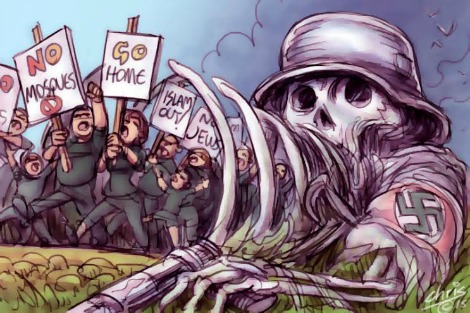
MEDIA
- Jeff Sparrow
- 17 November 2015
15 Comments
In journalism, 'he said, she said' often functions as an evasion. Reporters' loyalty should be to accuracy, which isn't about compromise between extremes. When denialists and climate scientists take diametrically opposed stances, the truth doesn't lie somewhere in the middle. Sometimes, one side's right and the other's just wrong. The same can be said of reporting about the rightwing United Patriots Front. While they deny being fascists, that's what they are, and that's what we should call them.
READ MORE 
-
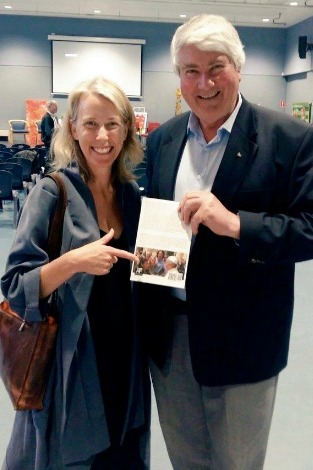
ENVIRONMENT
- Frank Brennan
- 06 November 2015
1 Comment
Francis does not pretend to have answers to the big questions which will confront world leaders when they gather in Paris. But he does think the science is IN, and the evidence is clear that much of the climate change, loss of biodiversity and water shortages are the result of human action. We are blessed to have a pope who speaks to all the world about the prudence, justice and empathy required so that more people on our planet might enjoy integral human development.
READ MORE
-
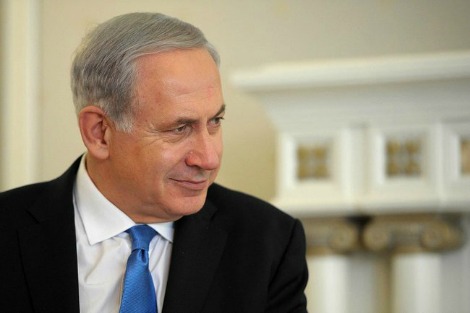
INTERNATIONAL
- Ruby Hamad
- 27 October 2015
11 Comments
Benjamin Netanyahu's historical revisionism last week essentially blaming Palestinians for the Holocaust was much more than just empty rhetoric. Demonising the Palestinians is how he sets the stage for the west's acceptance of the Israeli Occupation: the more he dehumanises them, the more brutality Israel gets away with. The context that gets lost along the way is the link that exists between Palestinian actions and the abysmal living conditions imposed on them by the Occupation.
READ MORE 
-
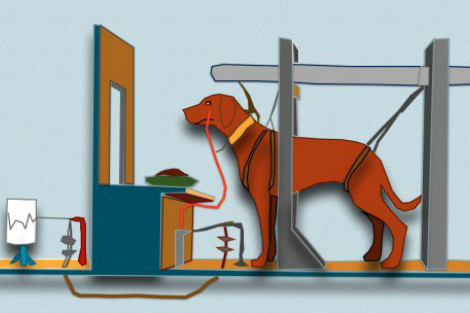
AUSTRALIA
- Justin Glyn
- 21 October 2015
11 Comments
While running a Royal Commission into domestic violence and a $30 million campaign against it, ringing the bell marked 'asylum seekers are queue jumpers' has allowed successive governments to abuse alleged rape victims with barely a word of protest from the public. Insofar as any feelings of empathy for asylum seekers exist, we tell ourselves brutality is inflicted 'to stop deaths at sea'. So successful has this Pavlovian policy been that Australian refugee policy is now the toast of German neo-Nazis.
READ MORE 
-
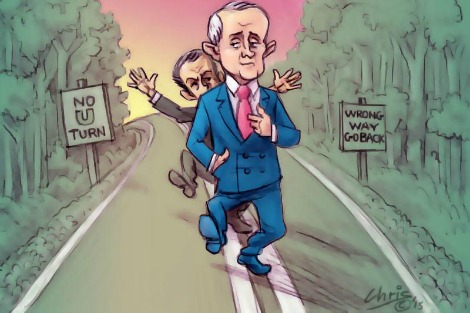
AUSTRALIA
- John Warhurst
- 05 October 2015
8 Comments
The polls are still evenly balanced and Turnbull has yet to strut his stuff in any meaningful way. So Shorten should still be the subject of the sort of scrutiny that David Marr has just given him. Marr is appalled by Shorten's path to power through the union movement, the Labor Party and the factions for what it reveals about the modus operandi of these organisations. But he is still somewhat taken with Shorten's talents. Nevertheless, he doubts that Shorten is up to the job.
READ MORE 
-

INTERNATIONAL
- Pat Walsh
- 01 October 2015
2 Comments
Like Tony Abbott before him, Malcolm Turnbull is slated to make Jakarta one of his first overseas ports of call as prime minister. His visit will occur as calls grow louder in Indonesia and elsewhere for the truth to be told about the massacres of up to 1 million Indonesians 50 years ago this October. It is assumed that at the time Canberra did not protest the massive miscarriage of justice and international law that occurred. It can now compensate in a small way for that silence by making public what it knew.
READ MORE 